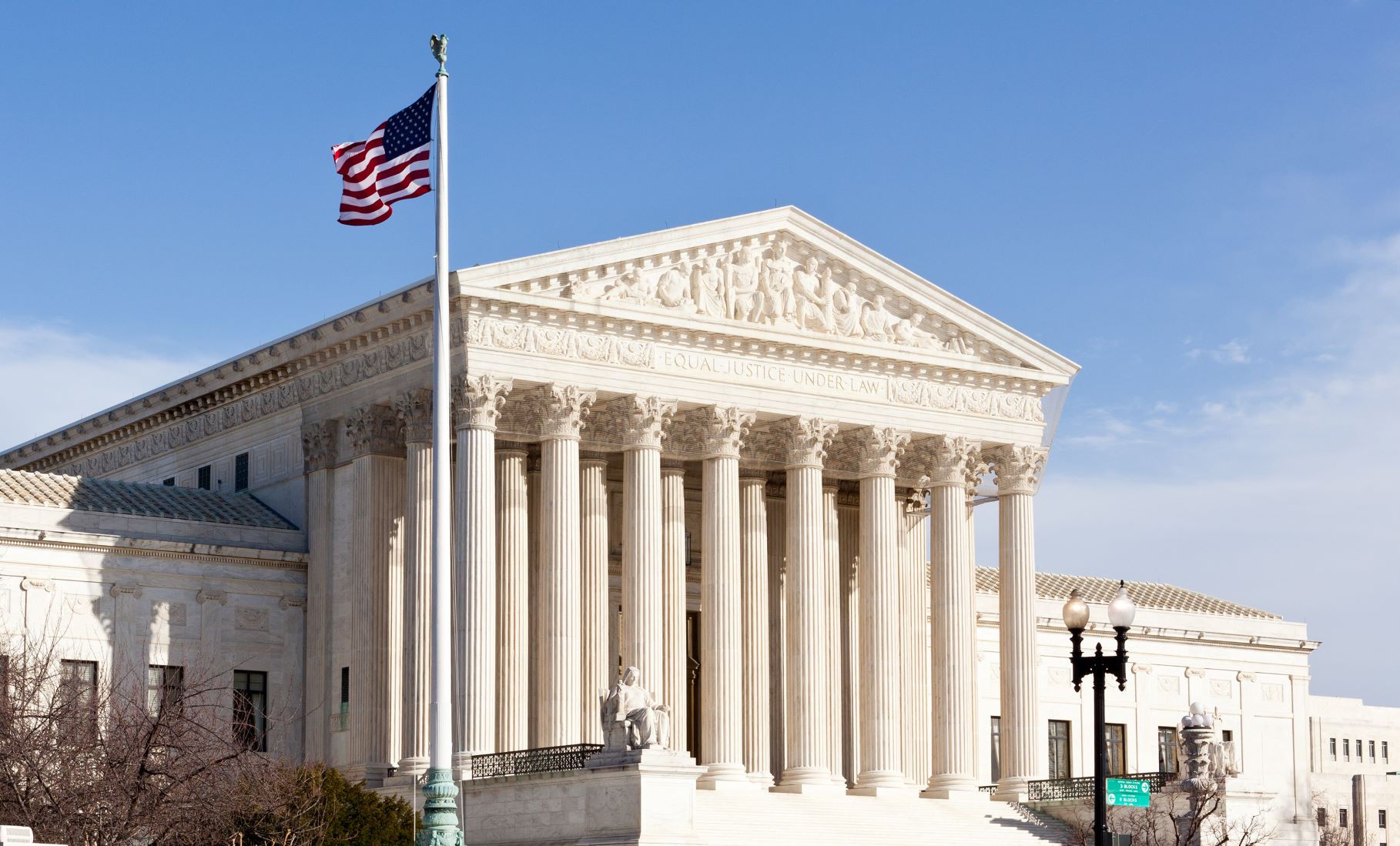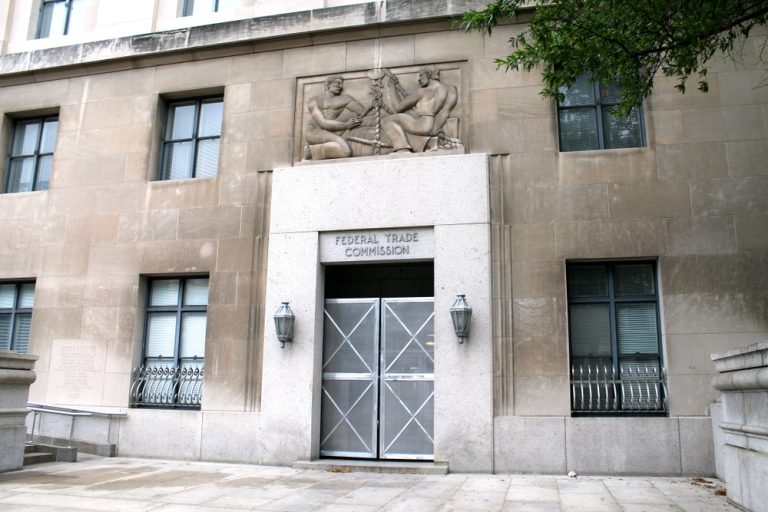The U.S. Supreme Court Redefines the “Undue Hardship” Standard for Religious Accommodations under Title VII
The U.S. Supreme Court Redefines the “Undue Hardship” Standard for Religious Accommodations under Title VII
On June 29, 2023, the United States Supreme Court issued a unanimous opinion in the Groff v. DeJoy case, which involved a Title VII claim by a mail carrier for the United States Postal Service (USPS), whose request to be exempted from working on Sundays for religious reasons was denied by the USPS because it was an undue hardship. The opinion invalidates the de minimis cost standard used by the lower court in evaluating whether Mr. Groff’s request would have caused an undue hardship to the USPS, and clarifies that the correct standard is whether the alleged burden is “substantial in the overall context of an employer’s business.”
Title VII and its Religious Accommodation Requirement
Title VII of the Civil Rights Act of 1964 prohibits employment discrimination against an individual “because of such individual’s… religion.” 42 U.S.C. 2000e-2(a)(1) and (2). The term “religion” includes “all aspects of religious observance and practice, as well as belief, unless an employer demonstrates that [it] is unable to reasonably accommodate…an employee’s or [a] prospective employee’s religious observance or practice without undue hardship on the conduct of the employer’s business.” 42 U.S.C. 2000e(j). Based on these statutory requirements, employers are required “to reasonably accommodate the religious practices of an employee or prospective employee, unless the employer demonstrates that accommodation would result in undue hardship.” 29 C.F.R. 1605.2(b)(1).
In 1977, the United States Supreme Court considered the “undue hardship” standard in Trans World Airlines, Inc. v. Hardison, 432 U.S. 63, 84 (1977), opining that “[t]o require TWA to bear more than a de minimis cost in order to give Hardison Saturdays off is an undue hardship.” Since that time, courts have used the de minimis cost standard in evaluating whether an employee’s request for an accommodation is an undue hardship for the employer.
Groff v. DeJoy – Underlying Facts
Louis Groff was an employee of the USPS as a Rural Carrier Associate (RCA). He did not wish to work on Sundays due to his Christian beliefs. Initially this was not a problem, because no USPS employees were required to work on Sundays. In 2013 the USPS entered into an agreement with Amazon to deliver packages, including on Sundays. Mr. Groff sought and was granted a transfer to a smaller station that, at the time, was not making Sunday deliveries. However, in 2017 Sunday deliveries began there, as well, and Mr. Groff was not exempted from that requirement. He refused to work on Sundays, leading to complaints from other employees. Mr. Groff later resigned after receiving “progressive discipline” for failing to report to work on Sundays as scheduled.
Mr. Groff sued Louis DeJoy, the Postmaster General, asserting that he could have been exempted from Sunday deliveries without undue hardship to the USPS. The trial court, however, granted summary judgment to the USPS, finding that the accommodation requested by Mr. Groff – that he be exempted from working on Sundays – was indeed an undue hardship. The Third Circuit Court of Appeals affirmed, expressly stating that it was bound by Hardison’sruling that “requiring an employer to ‘bear more than a de minimis cost’ to provide a religious accommodation is an undue hardship.”
Supreme Court’s New Clarification of the Undue Hardship Standard
In the Groff v. DeJoy opinion written by Justice Alito, the Supreme Court determined that the underlying courts’ reliance on the de minimis cost standard was erroneous, effectively nullifying the language from Hardison stating that an undue hardship is that which is “more than a de minimis cost.” However, the Court did not overrule Hardison, finding instead that the Hardison holding only needed to be clarified. Pointing out the repeated references in Hardison to “substantial” (as opposed to de minimis) burdens, the Court has now redefined “undue hardship” to mean “when a burden is substantial in the overall context of an employer’s business.” This redefined “undue hardship” standard is necessarily fact-specific, and should take into account “all relevant factors in the case at hand, including the particular accommodations at issue and their practical impact in light of the nature, size, and operating cost of [an] employer.”
As for whether impacts to co-workers alone would be sufficient to show undue hardship, the Court emphasized that the effect of a possible accommodation on the conduct of the employer’s business is the appropriate inquiry, noting that not all impacts on coworkers would affect the conduct of the employer’s business. Moreover, “a hardship that is attributable to employee animosity to a particular religion, to religion in general, or to the very notion of accommodating religious practice cannot be considered ‘undue.’”
The Court vacated the judgment of the Sixth Circuit Court of Appeals and remanded the case for application of the “clarified context-specific standard.”
Justice Sotomayor wrote a short concurring opinion, to which Justice Jackson joined, in which she notes that “[b]ecause the ‘conduct of [a] business’ plainly includes the management and performance of the business’s employees, undue hardship on the conduct of a business may include undue hardship on the business’s employees.”
Effect of Newly-Defined Standard on Employers
The clarified standard of “undue hardship” will require a deeper assessment by employers of whether an employee’s requested religious accommodation would impose an undue hardship to the conduct of the employer’s business. It will be more difficult for employers to show undue hardship, particularly for large employers, likely leading to more employees requesting – and being granted – religious accommodations. Employers who had previously denied requests for religious accommodation should re-evaluate those requests. Employers may also need to update their employee handbooks to reflect the newly-clarified standard, and provide updated training to managers and human resources personnel to ensure that religious accommodation requests are being properly evaluated.









